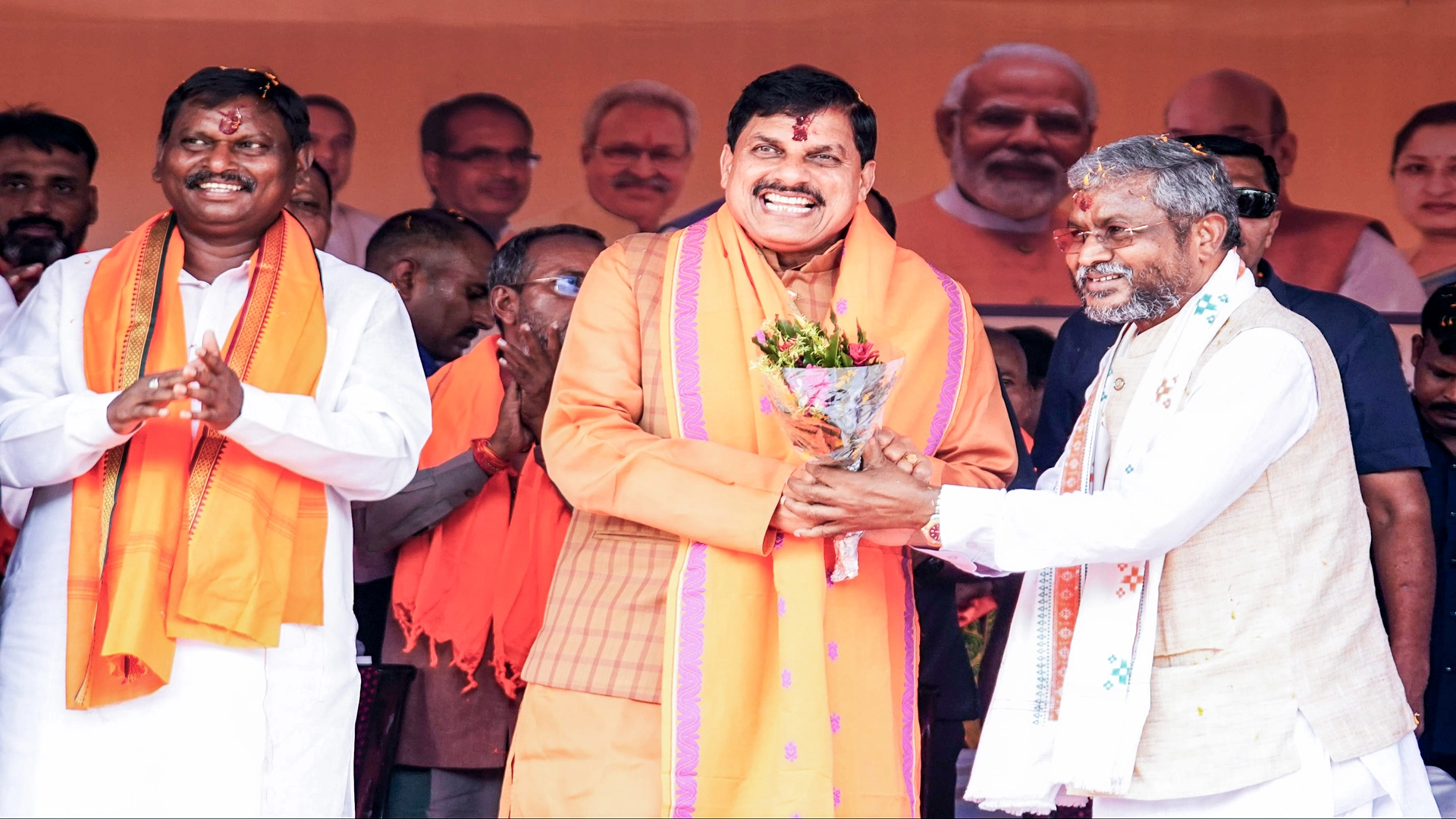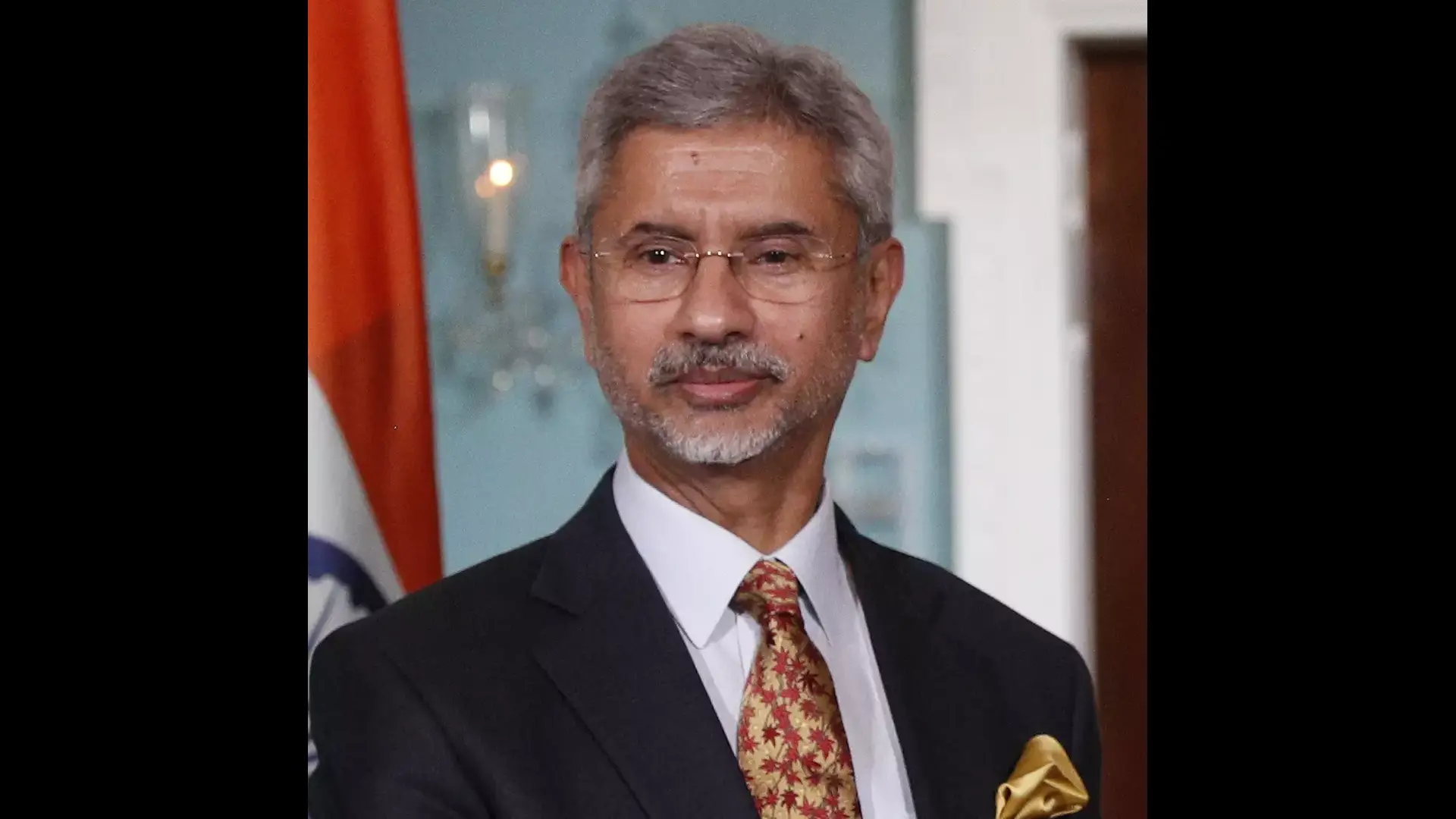BJP President JP Nadda convened a crucial meeting with the Jharkhand BJP unit on Monday to strategize candidate selection for the upcoming Assembly elections. The meeting took place in Delhi and was attended by prominent leaders such as Union Home Minister Amit Shah, Assam Chief Minister Himanta Biswa Sarma, Union Ministers Sanjay Seth and Annapurna Devi, state president Babulal Marandi, and former Union Minister Arjun Munda, among others.
The Jharkhand unit has prepared a list of three potential candidates for each constituency, from which one candidate is expected to be finalized during the meeting. However, the final decision will only be confirmed following a meeting of the Central Election Committee (CEC). According to a senior BJP leader, the party plans to allocate nine seats to the All Jharkhand Students Union (AJSU), two to the Janata Dal (United) (JDU), and one to the Lok Janshakti Party (LJP). Notably, the BJP intends to field tribal candidates across all 28 tribal-dominated seats in the state.
Recent polls indicate that the BJP is optimistic about securing more than 35 seats out of the 53 non-tribal constituencies. Party sources have mentioned that Champai Soren holds considerable influence over 14 seats, and the BJP is confident of winning at least seven in the Kolhan belt. The party’s focus on the “Gogo Didi” scheme, which has received a positive response from women voters, is expected to further bolster its prospects in the elections. Union Agriculture Minister Shivraj Singh Chouhan, known for his successful “Ladli Bahna” scheme in Madhya Pradesh, plays a pivotal role in this initiative.
Chouhan, along with Assam CM Sarma, who is the BJP’s state election co-in-charge, is actively engaging with party workers to enhance morale. The BJP is also addressing concerns over the recent paper leak issue in Jharkhand, which is anticipated to be a significant setback for the state government. Chouhan emphasized that the implementation of the National Register of Citizens (NRC) in Jharkhand would help identify and deport foreign infiltrators. A detailed vision document outlining the BJP’s strategy for Jharkhand is expected to be released soon, with Chouhan stating that the election is not merely about forming a government but about “saving Jharkhand.” He reiterated the party’s commitment to protecting the state’s resources and culture, encapsulated in their pledge to “protect our daughters, land, and livelihood” (Beti, Mati, aur Roti).
The political landscape in Jharkhand has been turbulent in recent years, particularly following the formation of the JMM-led government. The BJP, as the main opposition party, is focusing on consolidating its voter base, especially among tribal communities, which make up a significant portion of the electorate. The state’s unique demographic structure poses both opportunities and challenges for the BJP, compelling them to carefully select candidates who can resonate with local issues and concerns.
Also read: India buying oil from 39 sources in the world: Union Minister Hardeep Singh Puri
Moreover, the alliance strategy is critical in Jharkhand, where the BJP has historically collaborated with regional parties to enhance its reach. The forthcoming Assembly elections are not just a contest for power but also a test of the BJP’s ability to maintain its influence in a state that has seen shifting loyalties and rising local aspirations. The party’s outreach programs, such as the “Gogo Didi” initiative, aim to address women’s issues and enhance social welfare, crucial elements for garnering support in the upcoming polls.







